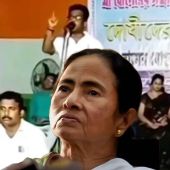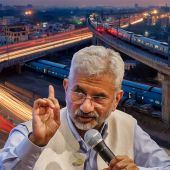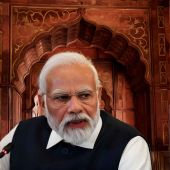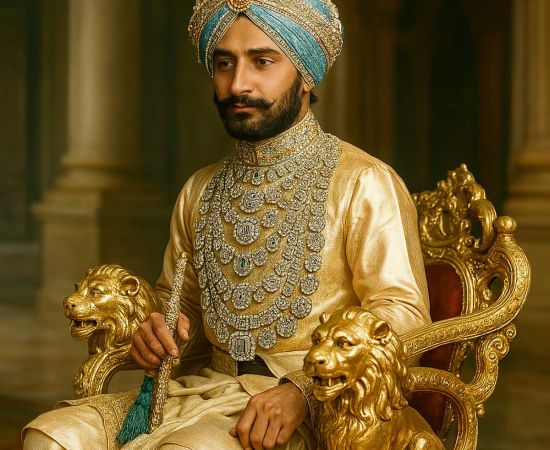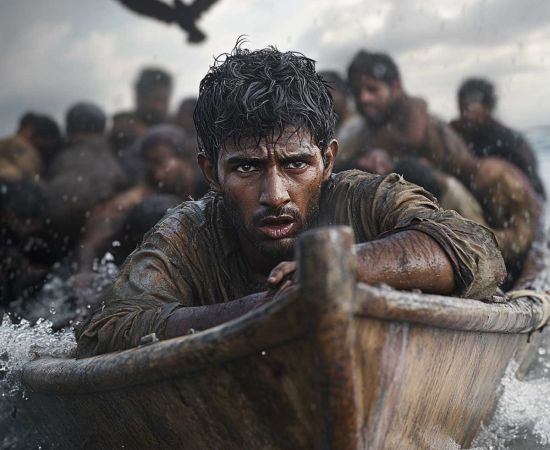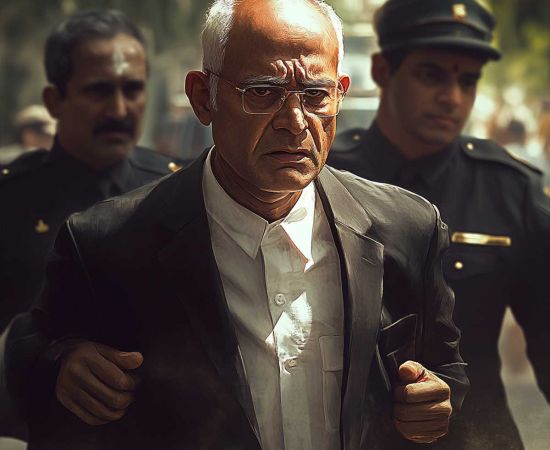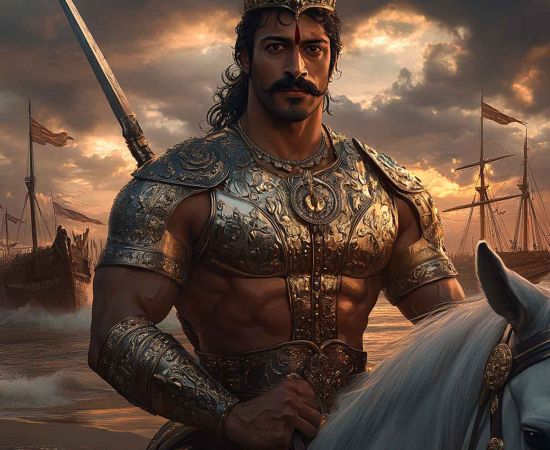China attacked India just three years after PM Nehru reduced the defence expenditure by Rs 25 crores: Union Budget 1959
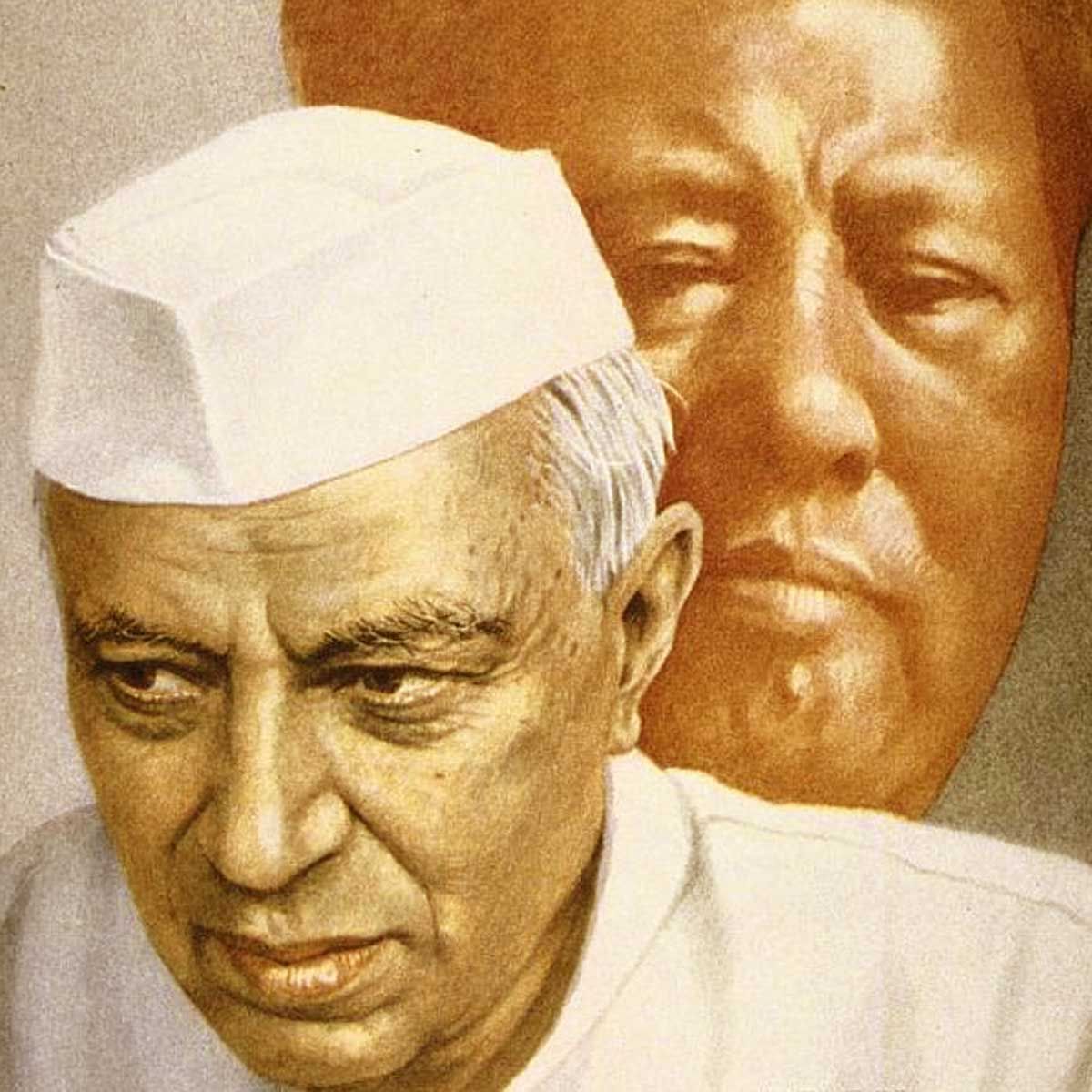
On the day when Finance Minister Nirmala Sitharaman presented the second annual budget since the Modi government’s relection to the Centre in 2019 General elections, former Congress president Rahul Gandhi put forth a laundry list of demands that he wanted to be included in Budget 2021.
The Gandhi scion took to Twitter to convey what he wants to see in this year’s Budget. The senior Congress leader tweeted that the budget must include support for MSMEs, farmers and workers to generate employment. He also added that the budget must place focus on increasing health expenditure to save lives and enhancing defence expenditure to safeguard borders.
|
It was hard to miss that Gandhi’s demand to raise Defence expenditure was made in the context of the ongoing standoff between the Indian and Chinese forces along the Line of Actual(LAC) in eastern Ladakh.
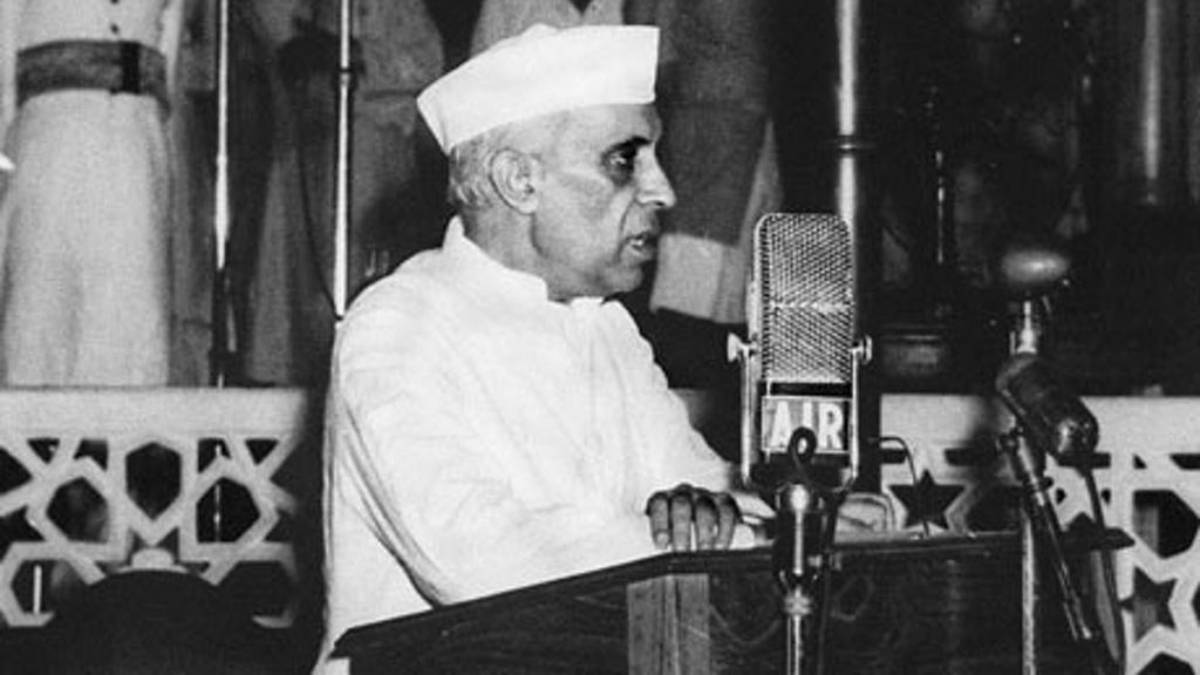 |
While the Wayanad MP pompously demanded a hike in the country’s defence budget, it is opportune time to revisit the times when the former Prime Minister of the country and Rahul Gandhi’s great grandfather, Jawaharlal Nehru, trimmed down the defence budget in the face of rising Chinese aggression.
Nehru could be attributed to more Himalayan blunders than one can shake a stick at. From gifting the UNSC seat to China to the vexed issue of Jammu and Kashmir, the 1962 debacle, the partition of the country and many more, Nehru has been squarely blamed for these colossal mistakes.
Nehru govt slashed 1959 defence budget by Rs 25 crores
However, one of the less talked-about blunders that Nehru presided over was the pruning down of the 1959 Union budget when tensions with China were flaring. Three years later the catastrophic Indo-Sino war took place where the Chinese forces caught their Indian counterpart off-guard, resulting in a humiliating Indian defeat.
|
The Union Budget 1959 saw a significant reduction in the defence expenditure. The budget had the defence expenditure cut back by Rs 25 crores, and a deficit of Rs 82 crores in the central budget.
The scaling down of the defence expenditure was the first in a series of disastrous decisions taken by the then Prime Minister Jawaharlal Nehru and which culminated into India’s defeat in the Indo-Sino war in 1962. Not only did India lose the war, several thousand square kilometres of what now lies in Aksai Chin was captured by China.
Shockingly, the then government, led by Jawaharlal Nehru, was warned of a possible attack by China, almost two and a half years before the first wave of Chinese troops overran the border in 1962, but Nehru and the then defence minister Krishna Menon, did not feel the need to take professional military advice, and the result was that India suffered its worst-ever defeat during the Indo-China conflict in 1962.
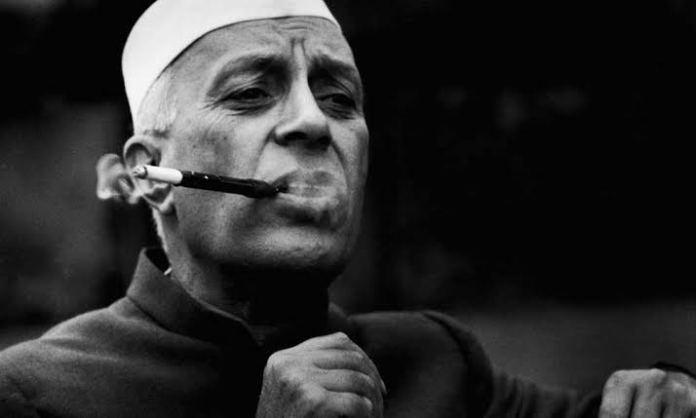 |
The Army had flagged about a possible attack from the Chinese. Jawaharlal Nehru, however, viewed the army with suspicion. He did not, ever, pay attention to his army’s submissions and did little to strengthen or bolster the army. There have also been reports that Nehru and his defence minister VK Krishna Menon had then insidiously conspired to discredit General Thimayya (Chief of Army Staff from 1957 to 1961, who ahead of the 1962 Indo-China War), setting in motion a chain of events that contributed to India’s defeat in the Himalayas.
In fact, even before 1959, Nehru wanted to disband the Army. A biography of Major General AA “Jick” Rudra of the Indian Army by Major General DK “Monty” Palit says that shortly after independence, Nehru had said how India does not need a ‘defence plan’. “Our policy is ahimsa (non-violence). We foresee no military threats. Scrap the army! The police are good enough to meet our security needs,” Nehru had reportedly said.
Retired Air Marshal pins the blame of defeat on Nehru
Last year, a video of Air Marshal Denzil Keelor (Retd.), a war-hero of the 1965 India-Pakistan war, had gone viral on various social media platforms, where the retired Air Marshal shared his personal account on how the lapses committed by Jawaharlal Nehru resulted in India facing an embarrassing defeat at the hands of China in the 1962 India-China war.
In the video, Air Marshal Denzil Keelor (Retd.) could be heard speaking about the 1962 India-China war, saying that India lost the war to China because of Jawaharlal Nehru’s failure. He said how Nehru relied on diplomacy and ignored the armed forces, because of which India lost. Keelor had stated that at the time of the war, Indian Army’s soldiers did not even have proper woollen clothing to face the weather and the difficult terrain of the Himalayas.
It is pertinent to note that after presiding over such a colossal blunder, Nehru attempted to gloss over his mistakes and downplay the loss of territory. Dismissing the lands occupied by China as inhospitable and uninhabited, Nehru reportedly said, “In those barren land and mountains of Ladakh and Arunachal, not even a blade of grass grows.”
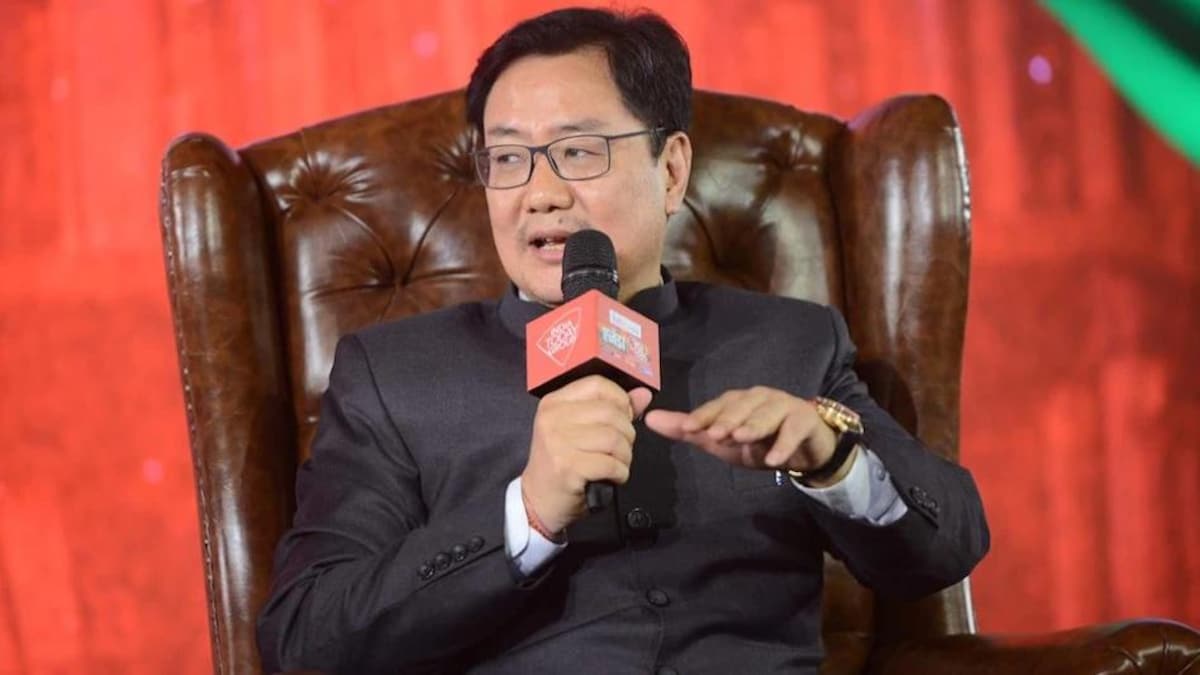 |
Jawaharlal Nehru's words pinch our hearts, says Kiren Rijiju
Minister of State for Home Affairs Kiren Rijiju on Sunday said former prime minister Jawaharlal Nehru's words in Parliament on the Chinese aggression in Ladakh and Arunachal had really pinched our hearts, and had demoralised our forces and the local people. "Participating in a debate in Parliament over the Chinese aggression, the then prime minister Jawaharlal Nehru had said:
"In those barren land and mountains of Ladakh and Arunachal, not even a blade of grass grows, why Parliament is wasting time," said Rijiju, adding that it is a reality that China took over the entire western part of Arunachal Pradesh, which was a part of Assam in 1962. The Chinese had reached Assam in the foothills of Arunachal Pradesh, and the then prime minister Nehru had stated, "'...my heart goes out to people of Assam', which amounted to surrendering of our territories to the Chinese," said Rijiju.
The Chinese went back on their own and declared a unilateral ceasefire, claimed Rijiju, adding: "This is a part of the history and we must come to term that if anything wrong has happened in history, we should accept it."
He said that he was not creating anything from his own figment of imagination, and he was only stating the facts, adding that the Congress, too, should not be intolerant about accepting something which is a fact. Arunachal people are the most patriotic. They remained solidly behind the nation despite so many Indian soldiers had lost their lives during the 1962 war. We continue to do that and I am proud of that," said Rijiju, a Member of Parliament from the Arunachal West constituency.
"If a former prime minister has made some kind of unsavoury, demoralising remarks, what is wrong in accepting that? My point is that history can't be changed. At same time, factual, historical and all kind of incidents must be brought before the nation. Our next generation has the right to know about the correct historical stories and incidents," he said.
"First Prime Minister of India Pandit Nehru, for whom I have the greatest respect, had caused a great heartburn to the people of Arunachal Pradesh," he added.
References:
opindia.com - OpIndia Staff
dnaindia.com - ANI
 Support Us
Support Us
Satyagraha was born from the heart of our land, with an undying aim to unveil the true essence of Bharat. It seeks to illuminate the hidden tales of our valiant freedom fighters and the rich chronicles that haven't yet sung their complete melody in the mainstream.
While platforms like NDTV and 'The Wire' effortlessly garner funds under the banner of safeguarding democracy, we at Satyagraha walk a different path. Our strength and resonance come from you. In this journey to weave a stronger Bharat, every little contribution amplifies our voice. Let's come together, contribute as you can, and champion the true spirit of our nation.
 |  |  |
| ICICI Bank of Satyaagrah | Razorpay Bank of Satyaagrah | PayPal Bank of Satyaagrah - For International Payments |
If all above doesn't work, then try the LINK below:
Please share the article on other platforms
DISCLAIMER: The author is solely responsible for the views expressed in this article. The author carries the responsibility for citing and/or licensing of images utilized within the text. The website also frequently uses non-commercial images for representational purposes only in line with the article. We are not responsible for the authenticity of such images. If some images have a copyright issue, we request the person/entity to contact us at This email address is being protected from spambots. You need JavaScript enabled to view it. and we will take the necessary actions to resolve the issue.
Related Articles
- When Nehru ignored warnings from Sardar Patel and Sri Aurobindo and shocked USA President: Chinese Betryal and loss of centuries old ally
- Ghost from the past: Unseen picture of Nehru voting in favour of partition of India goes viral
- Operation Polo: When India annexed Hyderabad from the Nizam and Razakars, the suppression of Hindus and the role of Nehru
- Calcutta Quran Petition: A petition to ban the Quran altogether was filed 36 years ago, even before Waseem Rizvi petitioned for removing 26 verses from Quran
- Prophecies of Jogendra Nath Mandal getting real after seventy years of his return from Pakistan
- Depth of Soviet penetration in Indian media is exposed through declassified CIA document from 2011
- How Nehru's Govt helped China in conquering Tibet and let go of it's centuries old friend
- When Secular Nehru Opposed Restoration Of Somnath Temple - The Somnath Temple treachery
- Speech of Sardar Patel at Calcutta Maidan in 1948 busts the myth of ‘Muslims chose India’ and is relevant even today
- Anuj Dhar claims that Subhas Chandra Bose was suspected of being ‘poisoned’ after ouster from the post of Congress president
- Father of the Nation! Absolutely not. Mohandas Karamchand Gandhi was not the father of the nation either officially or otherwise
- Nehru relied on diplomacy and ignored the armed forces causing defeat in the 1962 India-China war: War-hero Air Marshal Denzil Keelor (Retd)
- Three generations of Nehru-Gandhi dynasty has visited Babur’s tomb in Afghanistan: Did you know?
- Can Communism and Democracy Coexist - 100 Years of Russian Revolution
- How Communists betrayed India - 100 Years of Russian Revolution

